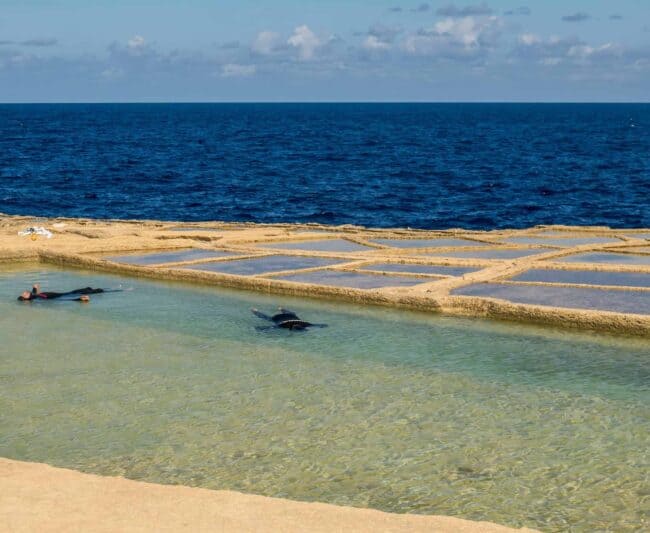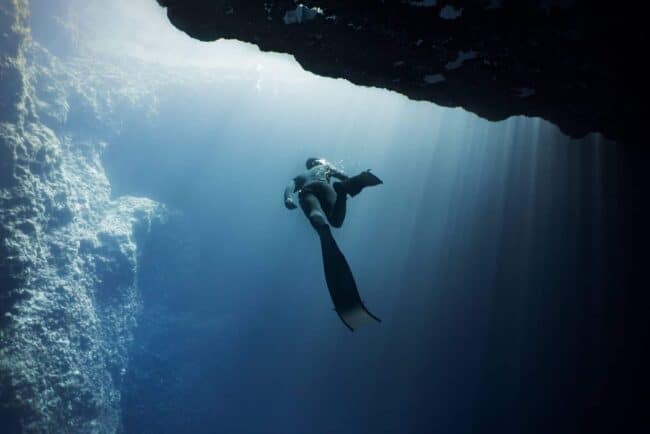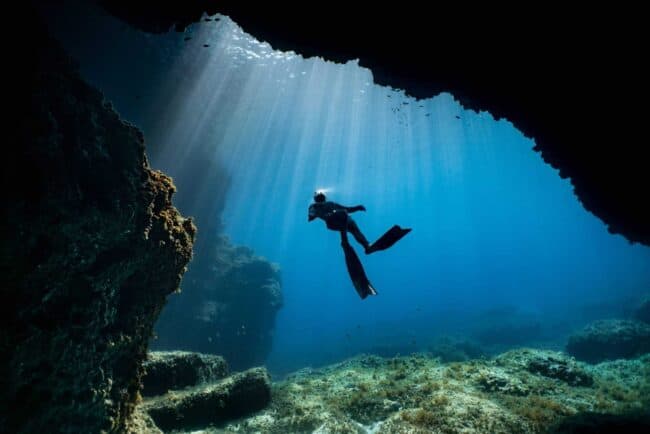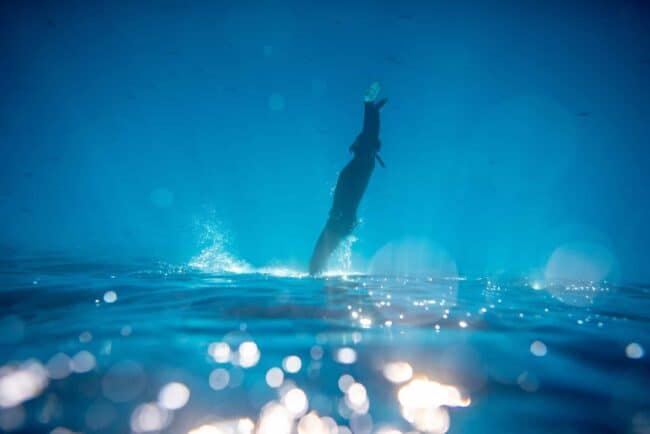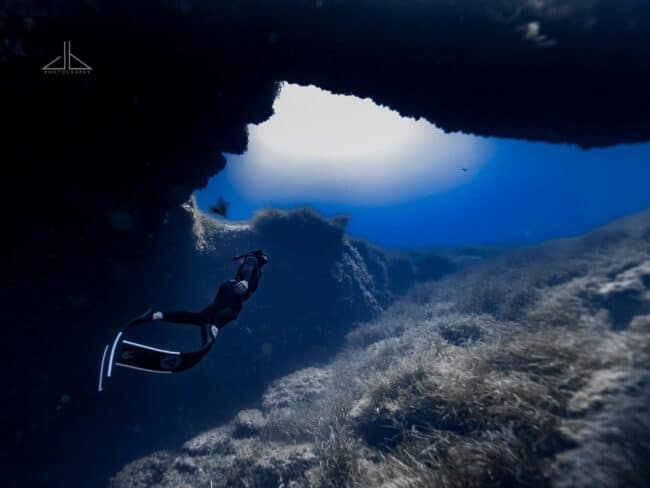
Freediving in Gozo: The best dive sites and top courses on the island
A sport as old as time itself, there’s nothing more exhilarating than plunging into the depths of the sea with only the air in your lungs, the power of your body and the will of your mind while you embark on exploring the world beneath the surface. And whether you’re new to freediving or have
